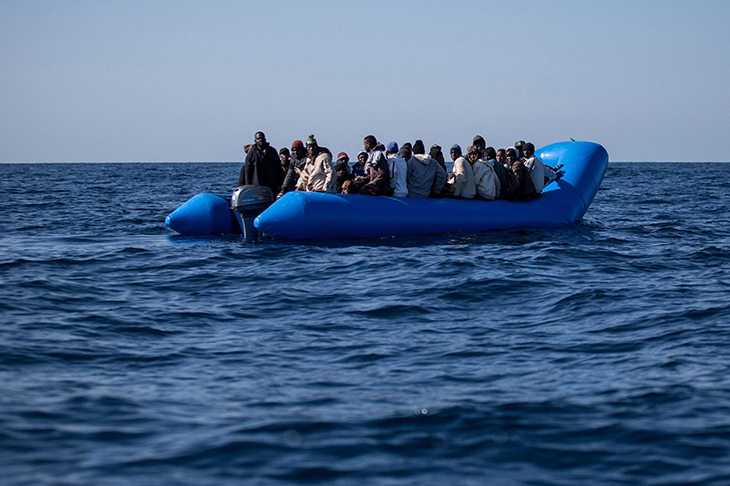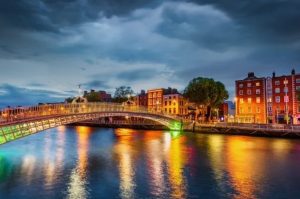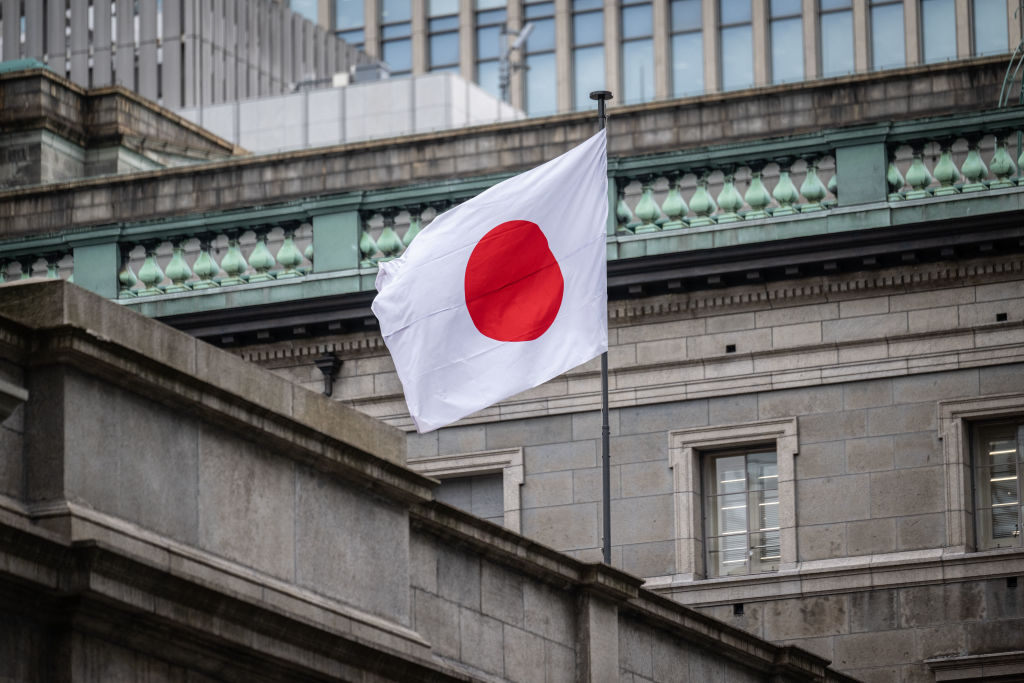Death by water haunts the stories of Africans in Europe that flow through this fourth novel by Helon Habila. From the drowning of Milton’s swain Lycidas (a sort of tidal refrain for the book) to the capsized boat in the closing pages that offers victims in their hundreds to the ‘enraged leviathan’ of the sea, the imperious waves help wash these personal histories in an aura of myth. Whether privileged or penniless, the migrants whose journeys fill this episodic fresco of a work all crave the stories ‘traded as a currency among homeless, rootless people’. They hunger for narratives because ‘the water they all crossed to come here has dissolved the past’.
Brought up in Nigeria and now (like so many African authors) a professor in the US, Habila spent a year in Berlin as a fellow of the famously munificent German exchange service for artists and academics, the DAAD. Fairly often, the DAAD’s guests will then write books or shoot films prompted by their stint in this weightless, state-funded wonderland. One character in Travelers calls bohemian Berlin a ‘crumbling ivory tower’. To outsiders, the ivory still looks in pretty enviable nick.
Indeed, at its outset Habila’s novel seems to embark on a course of elegantly deracinated narcissism. The nameless narrator — a US-based researcher of Nigerian origin, with an artist wife — mooches indulgently through the German capital. He tries to rescue their marriage during this ‘break from our breaking-apart life’. Writers such as Teju Cole have already mastered the role of quizzical, alienated African flâneur amid the bloodstained, history-encrusted stones of Old Europe.
Habila, though, refuses to linger in this dreamy expat limbo. He has shocks up his stylish sleeve. Gradually, we slide and then tumble down into the tougher strata of Afro-German life, among both settled residents and insecure new refugees — the Flüchtlinge. Arrested during a demo at a squalid migrants’ barracks, the film student Mark turns out to be a transgender rebel on the run from family. Manu the doctor from Libya (who also has Nigerian roots) remembers the wife who seemingly drowned on a traffickers’ boat, but forms a new bond with the Eritrean Hannah. People who carry no luggage but their stories seek ‘proxy partners for as long as it lasts’. On a trip to Basel, our hero falls for the Zambian academic Portia. Her poet father had acquired ‘a taste for exile’ in London, and wasted his time playing ‘the conscience of Africa’ abroad while his homeland forgot all about him. Returning to Lusaka, he’s outraged that no secret police await.
From such ‘exilic delusions’, the tone of Travelers darkens. Yarns of persecution, paranoia, even manslaughter, unspool across its patchwork pattern. Habila tells them with cunning, flair and a sleight-of-hand that lightens even the gloomiest scenes. But the ordeals of a long-suffering Somali in a grim Bulgarian camp come to typify African life in Europe, not the navel-gazing of a few subsidied intellectuals. Even the latter, though, must learn that ‘a black person’s relationship with Europe would always need qualification… there had to be an origin explanation’.
Bravely, maybe rashly, the final third of Travelers turns these class distinctions on their head. After he has mislaid his documents and taken the wrong train, the narrator slips into a nightmare of lost bearings — more Ishiguro than Kafka. It ends with his own detention as paperless flotsam in a camp off the Sicilian coast. Habila waves realism behind in this hallucinatory interlude, where the ‘misery and despair’ of the trafficked migrants’ plight mingles with a curious resignation. We grasp why, for all its hardships, some people choose ‘the wilderness of exile over home’.
Habila juggles improbabilities like an oral storyteller rather than a dutiful, show-your-workings novelist. He skips over the far-fetched plot twists that dispatch his hero back to Nigeria and thence to London. Here, the hunger strike of a defiant Nigerian due for deportation thrusts us back into the documentary topicality of the ‘hostile environment’ and the Calais ‘Jungle’.
Even the dogged asylum-seeker Juma, though, lives through his tales. He has ‘a story for every occasion’ to chronicle his cross-border flight. Habila’s mosaic of exile testaments has some jagged edges, and one or two yawning gaps. Yet as his travelers seek to avoid the ‘watery bier’ that claims Lycidas, and survive in Europe, their interlinked stories have a beguiling buoyancy. All, as we can see, have anchors fixed in the chaos that follows political collapse. As the mysterious ‘mermaid’,who floats ashore from a wrecked craft off Sicily, warns: ‘Pray your country never breaks up into civil strife and war.’
This article was originally published in The Spectator magazine.

























